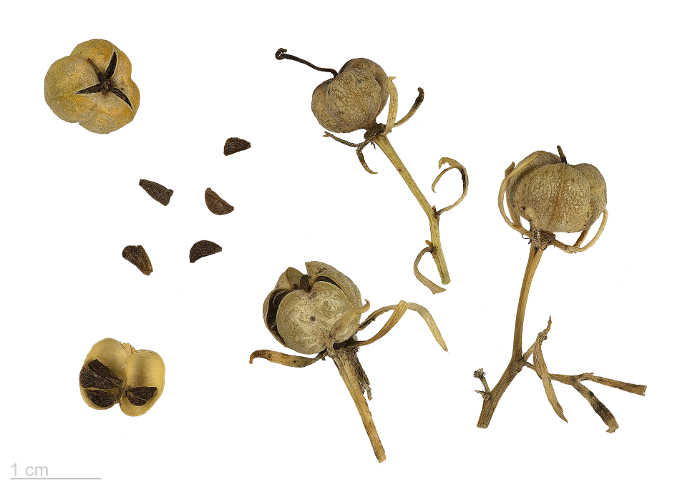FWP:
SETS
GATHERINGS: {6,3}
'UNION': {5,2}
This opening-verse appears, unusually, in the midst of the ghazal; or else, in the view of some, it introduces a new ghazal in the same pattern (although it is not preceded by any formal closing-verse). I follow Arshi in treating the whole set of fifteen verses as a single ghazal. For discussion of these complexities, see {15,1}.
The lover's restless heart, dark with sorrow, smolders and smokes; alas, its suffering is not merely ineffective, but is actually counterproductive. The lover here finds himself, as he does so often, in the worst of all possible worlds.
The thematic basis of the verse is the equation of the heart with the seeds of wild rue, in appearance (shrunken and blackened by grief), condition (burning and smoldering), and effect (contributing to the Other's wellbeing). The wonderfully suitable meaning of 'rue' in English (as in 'With rue my heart is laden') is, unfortunately, just a coincidence here. As Bekhud Dihlavi explains, wild rue was burned in order to create a smoke that could protect against the 'evil eye'.
The verse's chief charm is the excellently suitable adjective be-tāb (see the definition above). The lament was the 'wild rue' of the gathering, although it was 'faint' (and thus couldn't make a suitable impression); and/or was 'powerless' (and thus couldn't ward off the evil eye); and/or was 'agitated' (and thus not suited for an elegant gathering); and/or was lusterless (like burnt-out dark seeds). The verse thus offers a kind of meditation on the meanings of be-tāb .
Compare {153,5}, which also
has to do with evening gatherings and the repelling of the evil eye. Other verses about wild rue: {326x,4}; {328x,2}.

Nazm:
That is, although the heart was restless, its restlessness was counterproductive. (16)
== Nazm page 16